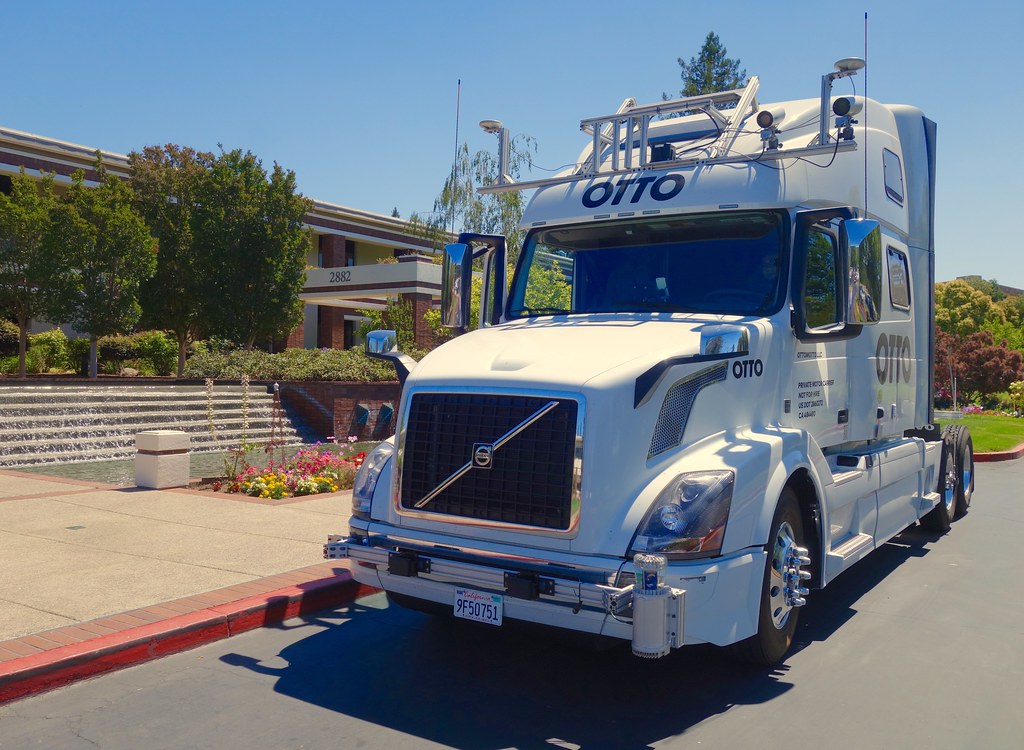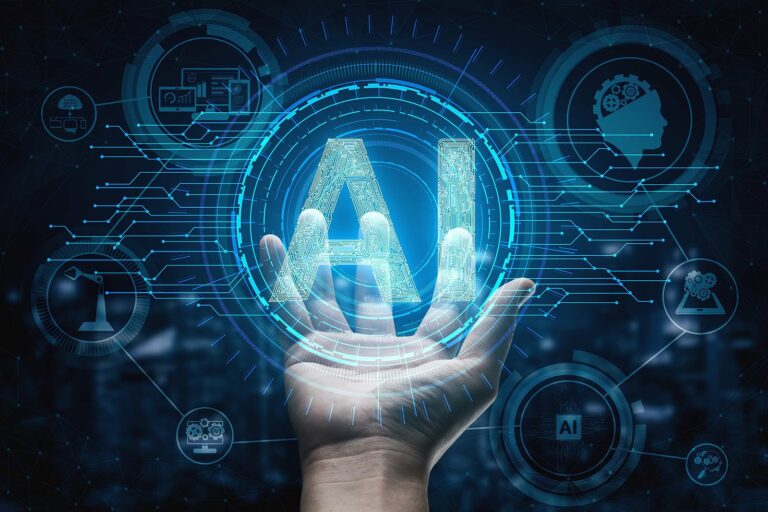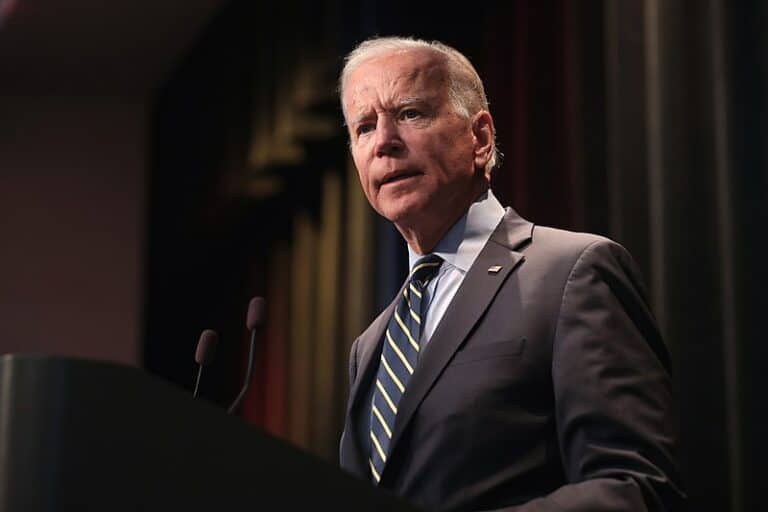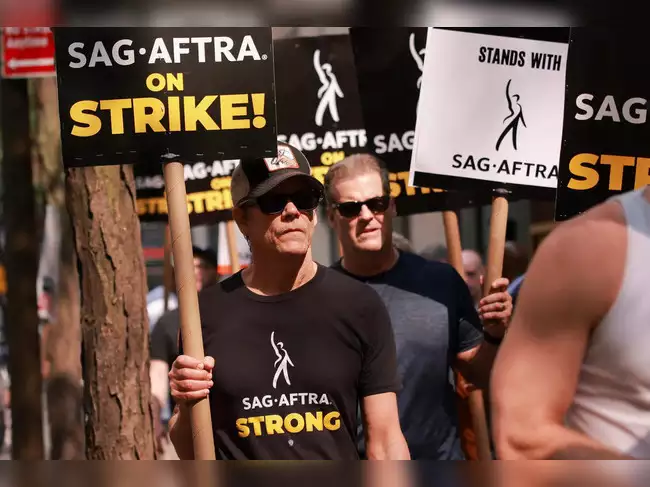
Maddie Chang is a student at Harvard Law School.
In today’s Tech@Work, home security apps popular in India are re-purposed for the surveillance and performance rating of domestic workers; and lawmakers in California grapple with the future of autonomous trucks.
As reported in Rest of World, two home security apps MyGate and NoBrokerHood, which operate in 40,000 residential complexes in India, have increased the surveillance of domestic workers. The apps alert homeowners when people enter and exit buildings, which originally served as a security feature. That function is now being used to monitor domestic workers, who, according to the article, have not been able to consent to their own surveillance. The phenomenon wherein a technology is used for one purpose but then is expanded to serve another is known as “function creep,” and is often a concern when surveillance technology is introduced in employment contexts.
One of the apps, MyGate, has also begun to offer a way for employers to rate the performance of domestic workers, similar to other gig platform’s star-rating systems. Unlike other platforms, however, MyGate does not allow workers to rate employers and also blocks workers from viewing their own ratings. As noted in the article, this creates an information asymmetry between employers and workers, who are not able to contest performance reviews that become the basis of their employability.
The Governor of California is voicing opposition to proposed union-backed legislation to limit the rollout of driverless trucks on California roads. As reported in Politico, Dee Dee Meyers, Director of the Governor’s Office of Business and Economic Development, wrote a letter last week to the state assemblymember proposing the legislation to assert the Governor’s position against the legislation, which in practice would ban autonomous big rigs in the state. Proponents of the bill, which is currently in the State Senate’s appropriation’s committee, include the Teamsters and three of CA’s Democratic House representatives. In addition to significant safety issues, proponents cite labor displacement as a key concern should autonomous trucks be allowed. Citing a UC Berkeley study, the Politico article reports that automation of the trucking industry could replace as many as 294,000 long-distance drivers. A parallel debate is playing out in San Francisco this week in the wake of regulators’ approval of a new fleet of robo-taxis. Regulators almost immediately had to cut the rollout in half after a driverless car crashed into a firetruck.










Daily News & Commentary
Start your day with our roundup of the latest labor developments. See all
January 22
Hyundai’s labor union warns against the introduction of humanoid robots; Oregon and California trades unions take different paths to advocate for union jobs.
January 20
In today’s news and commentary, SEIU advocates for a wealth tax, the DOL gets a budget increase, and the NLRB struggles with its workforce. The SEIU United Healthcare Workers West is advancing a California ballot initiative to impose a one-time 5% tax on personal wealth above $1 billion, aiming to raise funds for the state’s […]
January 19
Department of Education pauses wage garnishment; Valero Energy announces layoffs; Labor Department wins back wages for healthcare workers.
January 18
Met Museum workers unionize; a new report reveals a $0.76 average tip for gig workers in NYC; and U.S. workers receive the smallest share of capital since 1947.
January 16
The NLRB publishes its first decision since regaining a quorum; Minneapolis labor unions call for a general strike in response to the ICE killing of Renee Good; federal workers rally in DC to show support for the Protecting America’s Workforce Act.
January 15
New investigation into the Secretary of Labor; New Jersey bill to protect child content creators; NIOSH reinstates hundreds of employees.